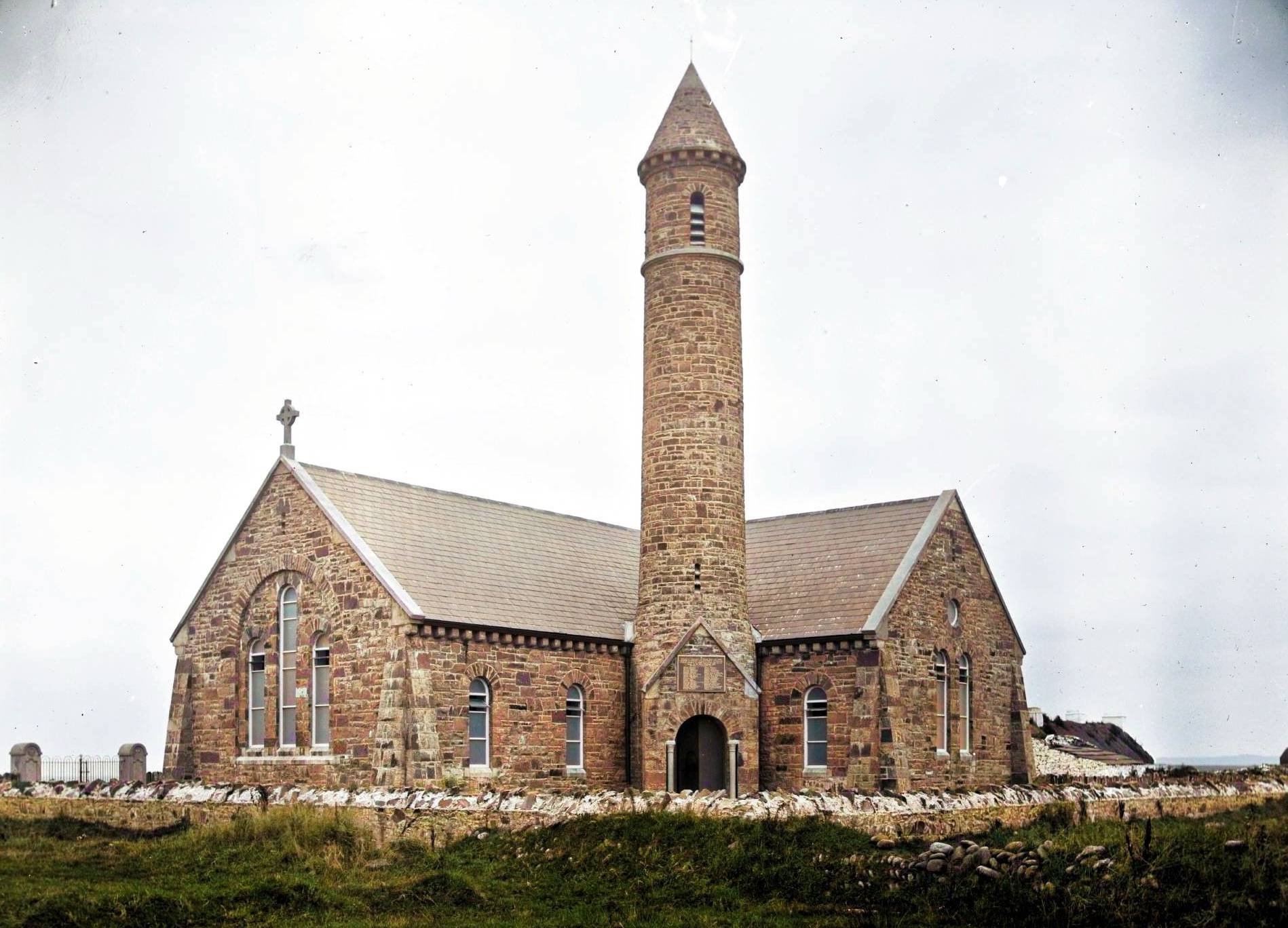Ireland’s rich history and culture have attracted many to explore their genealogy and discover their ancestral roots. Irish parish records are an invaluable resource for anyone researching their Irish family tree. However, searching these records can be daunting, and researchers may encounter common pitfalls along the way. This comprehensive article will provide you with essential tips and strategies to navigate Irish parish records, making your search more efficient and accurate.
What are Irish Parish Records?
Irish parish records are documents maintained by individual parishes throughout Ireland, primarily consisting of baptism, marriage, and burial records. These records hold vital information about an individual’s birth, marriage, and death, making them a treasure trove for genealogy enthusiasts. Many records date back to the early 18th century, with some even older.
Types of Irish Parish Records
There are three main types of Irish parish records:
- Baptism Records: Baptism records typically include the child’s name, date of baptism, parents’ names, and sponsors’ names.
- Marriage Records: Marriage records contain the bride and groom’s names, marriage date, witnesses’ names, and sometimes additional information about the couple’s families.
- Burial Records: Burial records list the deceased’s name, date of burial, and sometimes the age at death, cause of death, and other details about the deceased’s life.
Online Resources for Irish Parish Records
National Library of Ireland (NLI)
The NLI has a vast collection of Irish parish records, including digital images of original registers. The library’s online resources are free to access and provide a fantastic starting point for researchers.
Irish Genealogy
Irish Genealogy is a free, government-run website offering access to parish records from several sources, including the NLI. The website also contains helpful guides and resources for researching Irish genealogy.
RootsIreland
RootsIreland is a subscription-based website that provides access to a vast collection of parish records, with additional search tools and resources to help you dig deeper into your family history.
Ancestry
Ancestry, a popular genealogy website, offers access to Irish parish records and other resources. While some features require a subscription, Ancestry also provides free access to select Irish collections through their partnership with the NLI.
Common Pitfalls in Searching Irish Parish Records
Spelling Variations
One common pitfall in searching Irish parish records is encountering variations in the spelling of names. Irish names have evolved over time, with different spellings used depending on the region, time period, and preferences of the person recording the information.
Missing Records
Due to the destruction of records during the Irish Civil War, some parish registers were lost or damaged. In some cases, records may be incomplete or missing altogether.
Inaccurate Indexes
Indexes are helpful for locating records, but they can sometimes contain errors or omissions. This can make it challenging to find the records you’re searching for, especially if you’re relying solely on indexed data.
Strategies for Successful Searches
Start with Known Information
Begin your search with as much known information about your ancestors as possible, such as names, dates, and locations. This will help you narrow down your search and avoid spending time on irrelevant records.
Use Wildcards and Alternate Spellings
When searching online databases, use wildcards to account for spelling variations. For example, use an asterisk (*) to replace one or more characters, or a question mark (?) to replace a single character. Also, try searching with alternate spellings or phonetic variations of names.
Research the Local History
Understanding the local history of the area where your ancestors lived can provide valuable context for your research. It can also help you identify local resources, such as libraries, archives, and historical societies, that may hold additional records.
Network with Other Researchers
Join genealogy forums, social media groups, and other online communities dedicated to Irish genealogy. Connecting with others researching similar areas or surnames can lead to valuable insights, shared resources, and collaboration opportunities.
Overcoming Language and Transcription Challenges
Old Irish Script and Latin
Some older Irish parish records are written in old Irish script or Latin, making them difficult to read and understand. Familiarize yourself with key Latin phrases used in parish records and consult online guides or tutorials for deciphering old Irish script.
Transcription Errors
When records are transcribed and indexed, errors can occur. Be prepared to encounter transcription errors and use your judgment to determine if the record is still relevant to your research. Compare the original image with the transcription whenever possible to verify the information.
Collaborating with Local Institutions and Experts
Partnering with Local Archives and Libraries
Reach out to local archives, libraries, and historical societies in the area where your ancestors lived. These institutions often hold valuable resources and records that can complement your research. They may also be able to provide guidance on specific regional nuances and local history.
Engaging with Irish Genealogy Experts
Consider collaborating with professional genealogists or researchers who specialize in Irish family history. They can offer valuable insights and expertise in navigating Irish parish records and may be able to provide access to additional resources. You can find experts through genealogy societies, online forums, or by attending genealogy conferences and events.
Participate in Irish Genealogy Workshops and Conferences
Attend Irish genealogy workshops, conferences, and seminars to learn from experts in the field and connect with other researchers. These events provide opportunities to deepen your understanding of Irish parish records, learn about new resources, and share experiences and findings with fellow genealogy enthusiasts.
In conclusion, researching Irish parish records can be challenging, but with the right strategies and resources, you can successfully navigate these valuable documents. By understanding the common pitfalls and applying effective search techniques, you’ll be well on your way to uncovering your Irish ancestry and discovering your family’s fascinating history.






Leave a reply